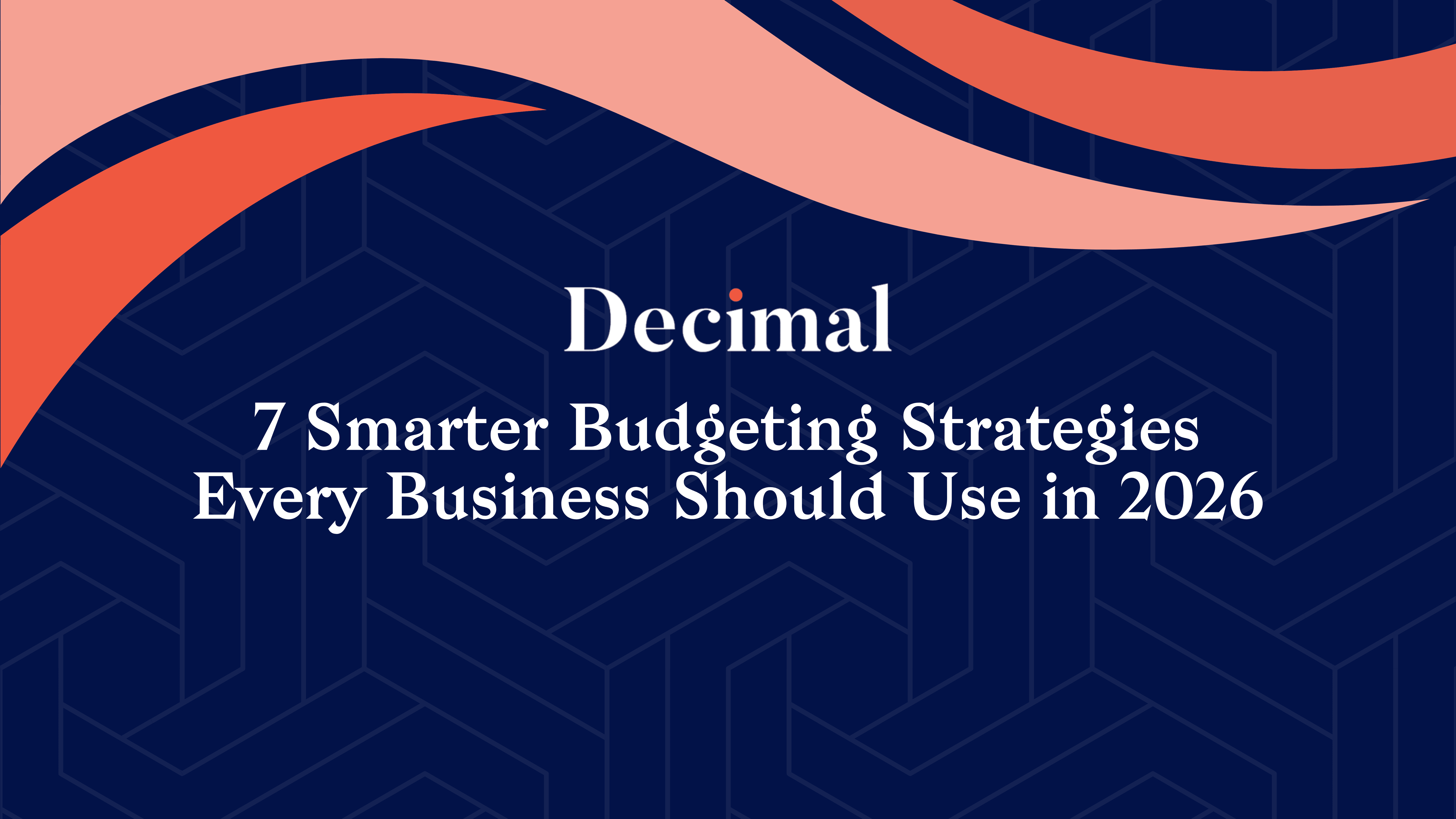7 Smarter Budgeting Strategies Every Business Should Use in 2026
A new fiscal year is just around the corner, which means now is the time for business owners to sharpen their budgeting strategy. The way you plan your finances in 2026 will directly influence how well you can manage growth, adapt to challenges, and avoid costly surprises. A “smarter” budget isn’t just about cutting expenses—it’s about building a financial roadmap that supports smarter decisions all year long.
Here are the strategies every business should be using when building their 2026 budget.
1. Start With Data, Not Guesswork
Too many budgets are built on rough estimates. Instead, review actual performance from 2025. Look at revenue trends, seasonality, recurring expenses, and unexpected costs. Historical data gives you a realistic baseline so your 2026 budget is grounded in reality.
2. Separate Fixed, Variable, and One-Time Costs
Clarity matters. Categorizing expenses this way makes it easier to see which costs are predictable (rent, salaries), which scale with activity (supplies, utilities), and which are temporary (system upgrades, equipment purchases). This helps you plan cash flow more effectively.
3. Build Flexibility Into Your Budget
The best budgets are not rigid spreadsheets—they’re adaptable tools. Set aside a “buffer” category for unexpected expenses or market shifts. This ensures your team isn’t thrown off course when surprises come up.
4. Align the Budget With Strategic Goals
Budgets should reflect more than numbers—they should drive business priorities. Whether you’re investing in new technology, expanding headcount, or cutting inefficiencies, tie every budgeted dollar to a specific goal. This way, spending directly supports long-term growth.
5. Automate Forecasting and Tracking
Manually updating spreadsheets is slow and prone to error. Modern accounting software and tools like Decimal can automate financial reporting, scenario planning, and forecasting. This reduces manual effort while giving leaders real-time visibility into how the budget is performing.
6. Plan for Tax and Regulatory Changes
With the One Big Beautiful Bill Act (OBBBA) rolling out in 2025, new tax rules will carry over into 2026. Factor in changes to deductions, depreciation, and credits as you plan, so your budget reflects true after-tax cash flow.
7. Monitor and Adjust Regularly
A smarter budget isn’t “set it and forget it.” Review actuals versus budgeted figures monthly or quarterly. This lets you course-correct early instead of waiting until year-end to realize you’re off track.
The Bottom Line
A smarter 2026 budget helps business owners control costs, strengthen cash flow, and confidently invest in growth. By leaning on data, building in flexibility, and using modern financial tools, you can transform budgeting from a yearly chore into a powerful decision-making process.
If you want expert support in building a budget that actually works in practice, Decimal can help. We take care of the details so you can focus on running your business while staying financially prepared for whatever 2026 brings.
Getting started in days.
Ready to simplify your accounting? Schedule a call with our team and explore your options. We’d love to hear from you!

